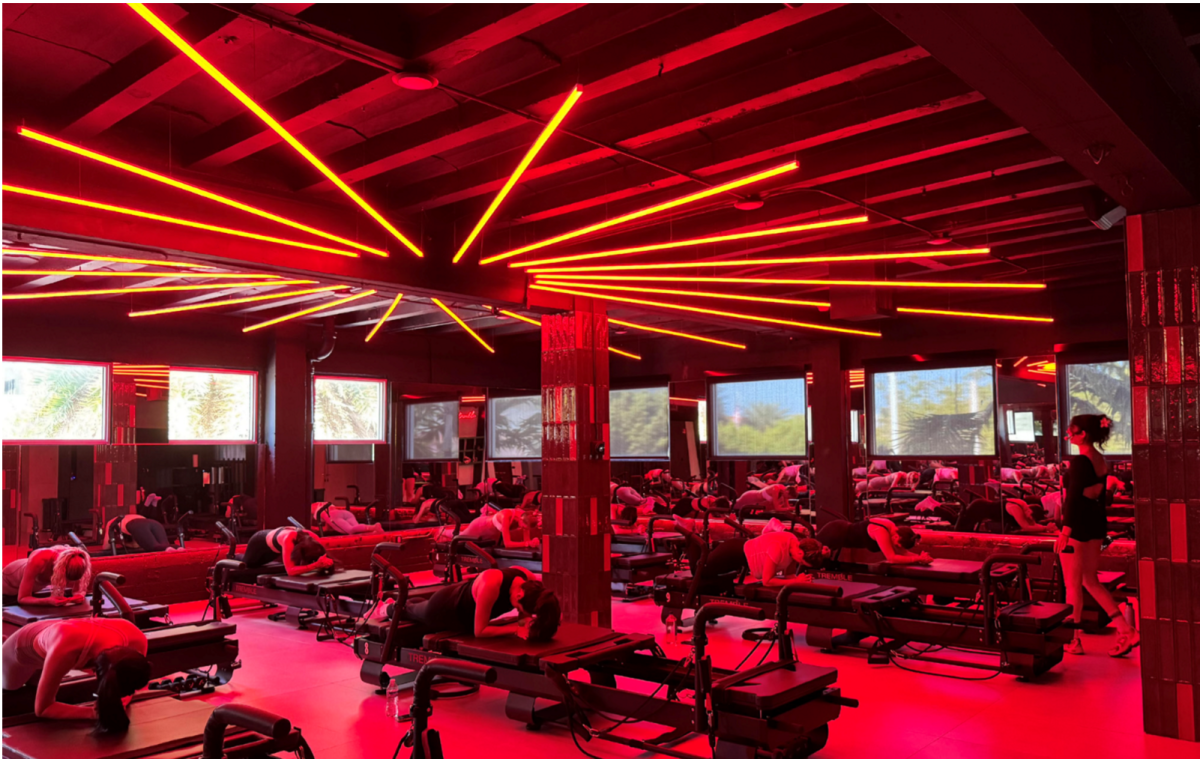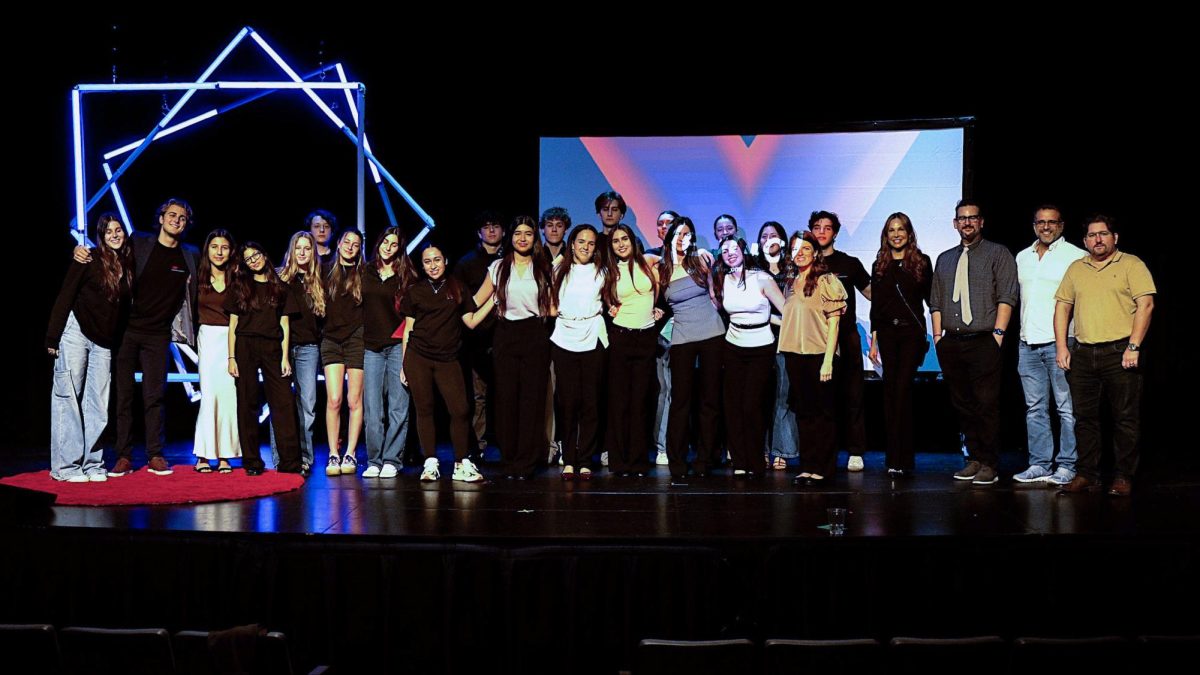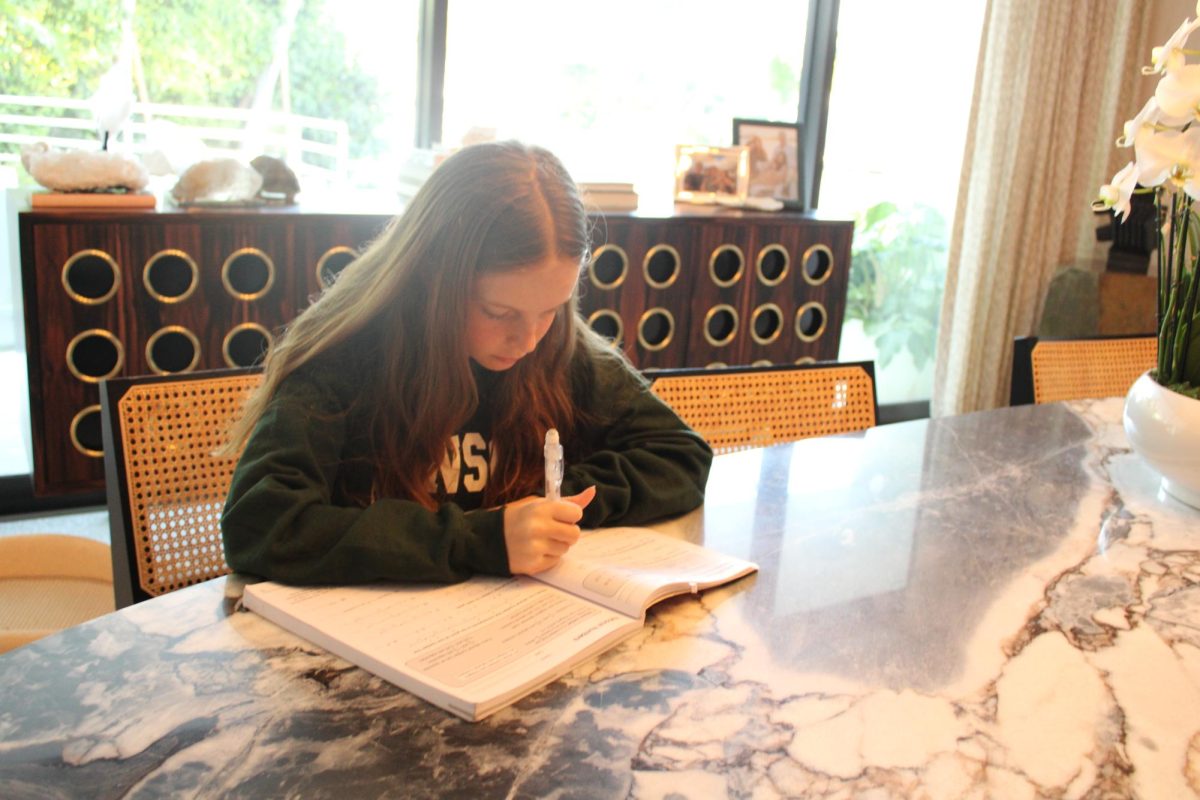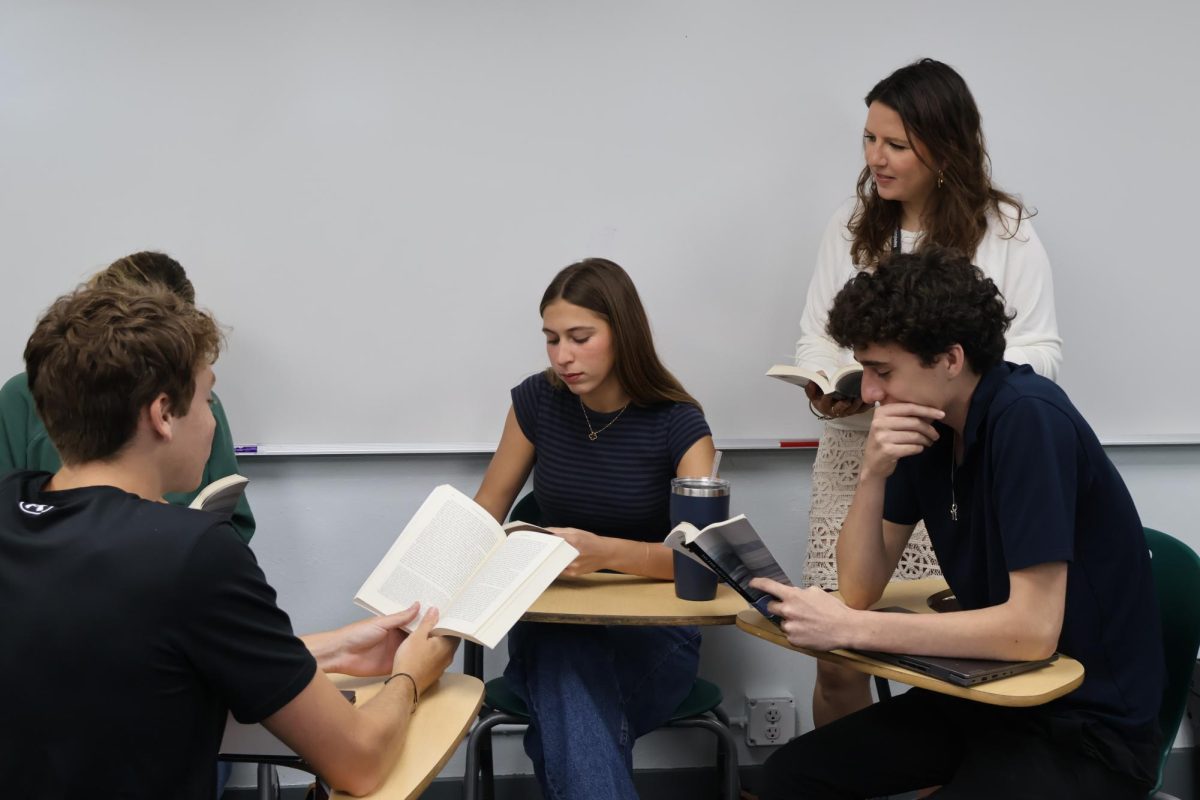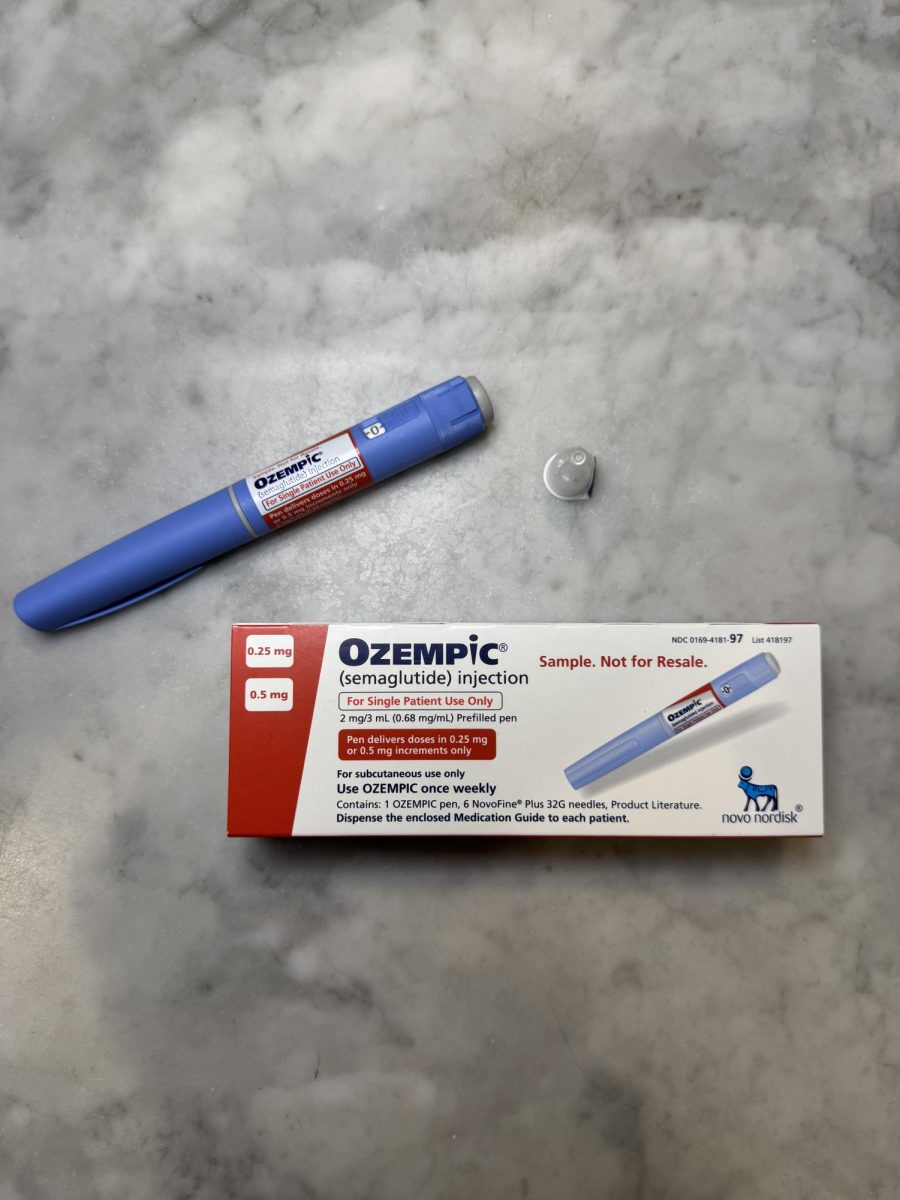Dr. Donald Cramp, who taught at Ransom Everglades and served as Dean of Students a decade ago, was recently announced as the new Head of the Upper School. I recently spoke with Dr. Cramp about his multifaceted career, which included teaching marine biology at Ransom Everglades and coaching football and tennis. Our conversation, edited for clarity, touched on his initial interest in teaching, his evolution as an educator, and his impact on curriculum development at Ransom Everglades. We also discussed his experiences as an educator, his work on developing a field guide, and his ongoing engagement with the school community.
Could you talk about the journey that led you to Ransom Everglades?
I did my undergrad at the University of Miami. Right out of undergrad, I started teaching marine biology and biology at Palmer. That lasted for six years, and then, in 2002, there was an opening for an ecology and biology teacher at Ransom Everglades. So I started at Ransom in the fall of 2002. I taught biology, ecology, and coached football and tennis.
My main priority was completely restructuring the ecology curriculum. It was a general ecology curriculum when I started, and then we transformed it into a South Florida ecology curriculum. Literally, it was in your backyard. I wrote this field guide that we used for years and it was like, here are all the important environmental concepts that apply to South Florida. We would go out on the boat every week, visit the Everglades, and do all these different things.
A few years later, Mr. Mike Ferguson became the Head of the Upper School, and he asked me to be the Dean of Students. At that point, I had to choose between staying in coaching or staying in the classroom, and I decided to stay in the classroom. So I continued the South Florida ecology class and gave up coaching. In 2011, I earned my doctorate degree in leadership and educational leadership and policy. My dissertation was on the Ransom School for Boys. I researched what made the Ransom School sustainable and was able to prove through letters, books, and interviews with alumni from the 1930s that caring attitudes were why the school was able to survive through a World War, the Depression, hurricanes, and all these different events.
I also focused on community service. There were projects students were doing with the Black churches of West Grove and working with the University of Miami on an oral history project. We were interviewing parishioners who had been there since the 60s and 50s.
What led to the move to Houston?
In 2011, I was offered a job at Duchesne Academy of the Sacred Heart, where my children could also go to school. I loved the city and found out that this city was not just about belt buckles and horses; it was super metropolitan, very diverse, and a food town. It allowed me to grow professionally and my children to continue their sacred higher education. The timing was perfect.
What was your experience at this new school?
We went from having 27 different electives five years ago to having 87 electives this year, everything from the physics of Harry Potter to ranch management. We have a dual credit program with a local university here. So we can have juniors and seniors who can take classes at the local university or online and then get elective credit as well as college credit.
I’m not going to lie, I’m looking forward to having football on campus. Yeah, no, it’s for sure. Especially as a former football coach, Friday Night Lights in Texas is legit.
What emotions were you feeling the first time you were back? Or just walking the halls?
Joy, definitely excitement. Some things haven’t changed in such a great way. And some things have changed in such a great way. When I left, the STEM building was a dream, and to come back and see this beautiful structure built for the students, and to have teachers inspire kids—that is so cool.
I used to sit on one of the benches in the morning because the old driveway would go right in front of the breezeway and students would get dropped off. I would sit there on the bench, play my ukulele and then just greet students as they would come in. So being in the breezeway brought back those memories, because it was great for me.
What are you most looking forward to?
I love working with students and faculty together, I love collaborating, I love hearing their voices and trying to do what I can to make the school experience the best it can possibly be. Even though the word “no” will come up every once in a while, I’m really looking forward to working with the students, working with the faculty to really just continue the good work that’s happening right now. I keep hearing such great things about what Mr. Clark’s doing, what the faculty are doing, what Mrs. Rodriguez has instituted. I’m excited to talk with everybody and make lists and start making things happen. And just be together. I’m excited to build community—plain and simple.


